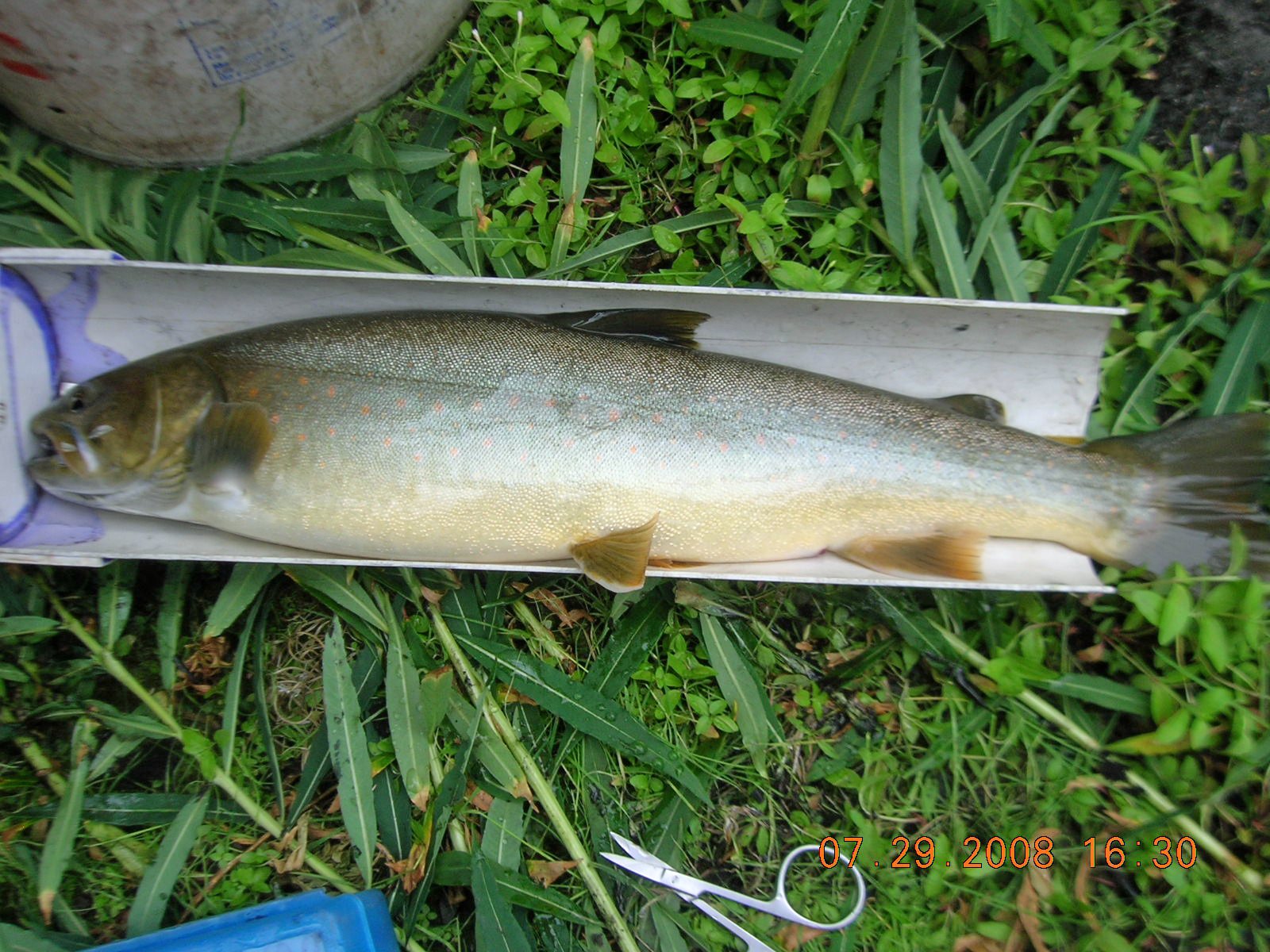SEATTLE (CN) — A Ninth Circuit panel on Wednesday took up Montana conservation groups' six-year battle with the U.S. Fish and Wildlife Service over what the groups say is a failure to develop adequate recovery plans for endangered bull trout.
If successful, the appeal could amend recovery plan requirements under the Endangered Species Act to include target population numbers before a species is delisted. However, attorneys for Save the Bull Trout, Alliance for the Wild Rockies and Save the Wild Swan caught resistance from the panel, which noted they'd already heard the claims in a previous lawsuit.
The issue essentially goes back to 1992, when the Alliance for the Wild Rockies and Friends of the Wild Swan petitioned Fish and Wildlife to list bull trout as endangered and designate critical habitat. The service finally listed bull trout as endangered in November 1999. But in 2001, the same groups filed a lawsuit against the agency for failing to designate critical habitat for bull trout as required under the Endangered Species Act. The issue was not resolved until 2010.
Then, in 2013, the groups sent a 60-day notice of intent to sue to the service, stating it must complete a recovery plan for bull trout. The agency agreed to issue a final recovery plan by mid-September 2015, but a month later, the groups sent yet another 60-day notice calling the recovery plan inadequate. Litigation began in the District of Oregon in April 2016, after which a federal judge found the court lacked jurisdiction and dismissed the case — leading the groups to appeal to the Ninth Circuit.
The Ninth Circuit affirmed the dismissal, leading the groups to file an amended complaint that was also dismissed. However, the judge offered one glimmer of hope: “I also find that Judge Acosta’s findings and recommendation made no predetermination of plaintiffs’ ability to be heard on the merits if they choose to file a new complaint.”
As a result, the groups filed a new complaint in 2019, this time with Save the Bull Trout as a primary plaintiff. According to 8KPAX, Save the Bull Trout attorney Rebecca Smith argued the 2015 recovery plan was too subjective because it allowed Fish and Wildlife to decide the fish’s status based on their evaluation of threats to various populations. Additionally, the 2015 plan did not include population targets when its 2002 draft plan did. U.S. Magistrate Judge Kathleen DeSoto questioned whether populations were necessary, stating that she was unaware of any recovery plans that included such numbers, and subsequently denied the motion for summary judgment a week later.
The groups again appealed, and a win at the Ninth Circuit could cap nearly 30 years of litigation to save the endangered bull trout. Still, the panel appeared unconvinced that attorney Smith could appeal a case that is, effectively, only different by one plaintiff.
“If we take your view of this, doesn’t that mean that you would be able to just continue to refile in district courts in the Ninth Circuit? No matter how many times?” asked U.S. Circuit Judge Gabriel Sanchez, a Joe Biden appointee. “Because if those actions fail, it’ll be based on a lack of subject matter jurisdiction, which means that you’d have license to file it again.”
Smith answered, “I don’t believe that there would be a cycle of filing and refiling. This is really only the second lawsuit that has been filed. And it was directly filed in response to this court’s prior memorandum opinion, which seemed to open the door and leave way for these two specific claims to be raised.”
After rebuttals from government attorney Dina Mishra, Smith was met with a similar question from U.S. Circuit Judge Mary McKeown, a Bill Clinton appointee. “Were we to determine that, with respect to how this lawsuit came about, that there was claim preclusion, would that prevent some other party, not in privity with these parties, from filing under your same theories?”
“No, your honor,” replied Smith. And with that, McKeown, Sanchez, and U.S. Circuit Judge Michael Hawkins — also a Clinton appointee — adjourned with no indication of how they may rule.
Subscribe to Closing Arguments
Sign up for new weekly newsletter Closing Arguments to get the latest about ongoing trials, major litigation and hot cases and rulings in courthouses around the U.S. and the world.








